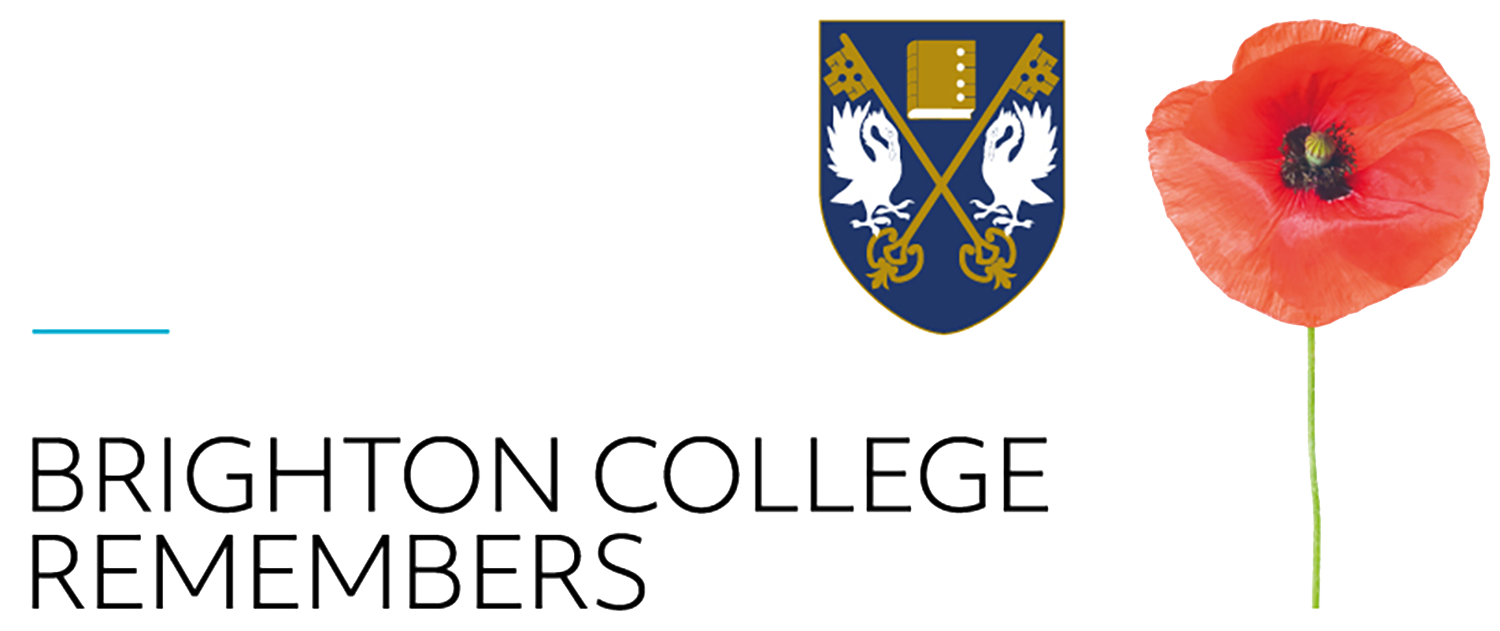Lieutenant, Royal Warwickshire Regiment
Born: December 4th 1891
Died: April 5th 1916
Age at Death: 24
Killed in action, El Harma, Mesopotamia, April 5th 1916
Grave reference: Amara War Cemetery, Maysan, Iraq.
Brighton College Registers: Son of Thomas Reade of Tettenhall Road, Brighton.
Emmanuel College, Cambridge.
A donation to the memorial statue has been made in honour of this soldier.
Obituary, Brightonian XV, July, 1916
Reade entered Brighton College in May, 1905, as a Day Boy, and joined Chichester House in 1906. In 1911 he was in the 1st Cricket XI., and Captain of his House. He went up to Emmanuel College, Cambridge, in 1911, and took his degree with Honours in 1914. He accepted his appointment as Sixth Form Classical Master at Glenalmond College. Soon after the outbreak of the War he enlisted in the South Staffordshire Regiment (T.F.) and was made a Sergeant. He was gazetted Second Lieutenant in the Royal Warwick Regiment in 1915, and promoted to Lieutenant on February 23rd of the present year (1916). At the time of his death he was in command of a Company, in the force engaged in the relief of Kut-el-Amara. A brother officer writes from El-Hanna on April 6th: - "We fought an action here yesterday, beginning by rushing a line of trenches at 5 a.m. We were engaged nearly all day, and ended with a night assault at about 8 p.m. Everything was a great success in the military sense, but I have lost three especially dear friends, among them Reade. He died a most gallant death on the parapet of the trench we took at the moment of victory."
Lieutenant Reginald William Reade
Reginald Reade was born on 4th December 1891 in Wolverhampton, Staffordshire. He was the fifth child and youngest son of Thomas Reade, who owned a successful pharmaceuticals business producing products such as “Reade’s Egyptian Salve” and his wife Elizabeth (née Tozer). While at the College Reade was accomplished both academically, winning a scholarship and the Latin Prize, and on the sports field, being a member of the 1st team for Cricket, Football as well as playing Fives. He also excelled at debating, arguing in one that Socialism was to be welcomed because it was extreme and it was only by the constant struggle of extremes that progress is made, and was involved in the photographic society at a time when photography was still in its infancy. In 1909 he became both a School Prefect and a Sergeant in the OTC. In 1911 he went up to Emmanuel College Cambridge from which one report back to Brighton read ‘Reade we fear is turning hermit and spends his time with ancient philosophers’, suggesting that Reade indeed had the potential to become a serious scholar.
He graduated in 1914 and instead of taking up the post as a Classics Master at Glenalmond School which he had been offered he undertook officer training and on February 23rd 1915 received a commission in the 9th Battalion Warwickshire Regiment. In August 1915 he was wounded at Gallipoli and invalided home, not returning to his unit until January 1916. In mid 1916 the unit was sent to Mesopotamia to take part in the second (successful) attempt to take Kut. In this context, on August 10th 1916 the Battalion attacked the Turkish positions at Falahyieh over open ground and it was in this assault that Reade lost his life, as one of his fellow officers related:
‘We had to advance over 1300 yards of perfectly flat ground without any cover of any kind under heavy rifle and machine gun fire. He led his company most gallantly right up to the enemy’s trench, which was taken. He was killed at the moment we entered the trench…instantly and spared all suffering. We all loved him…’
Reade is buried in Amara War Cemetery, Maysan, Iraq.
Source: LEST WE FORGET PROJECT, Brighton College 2014/15

